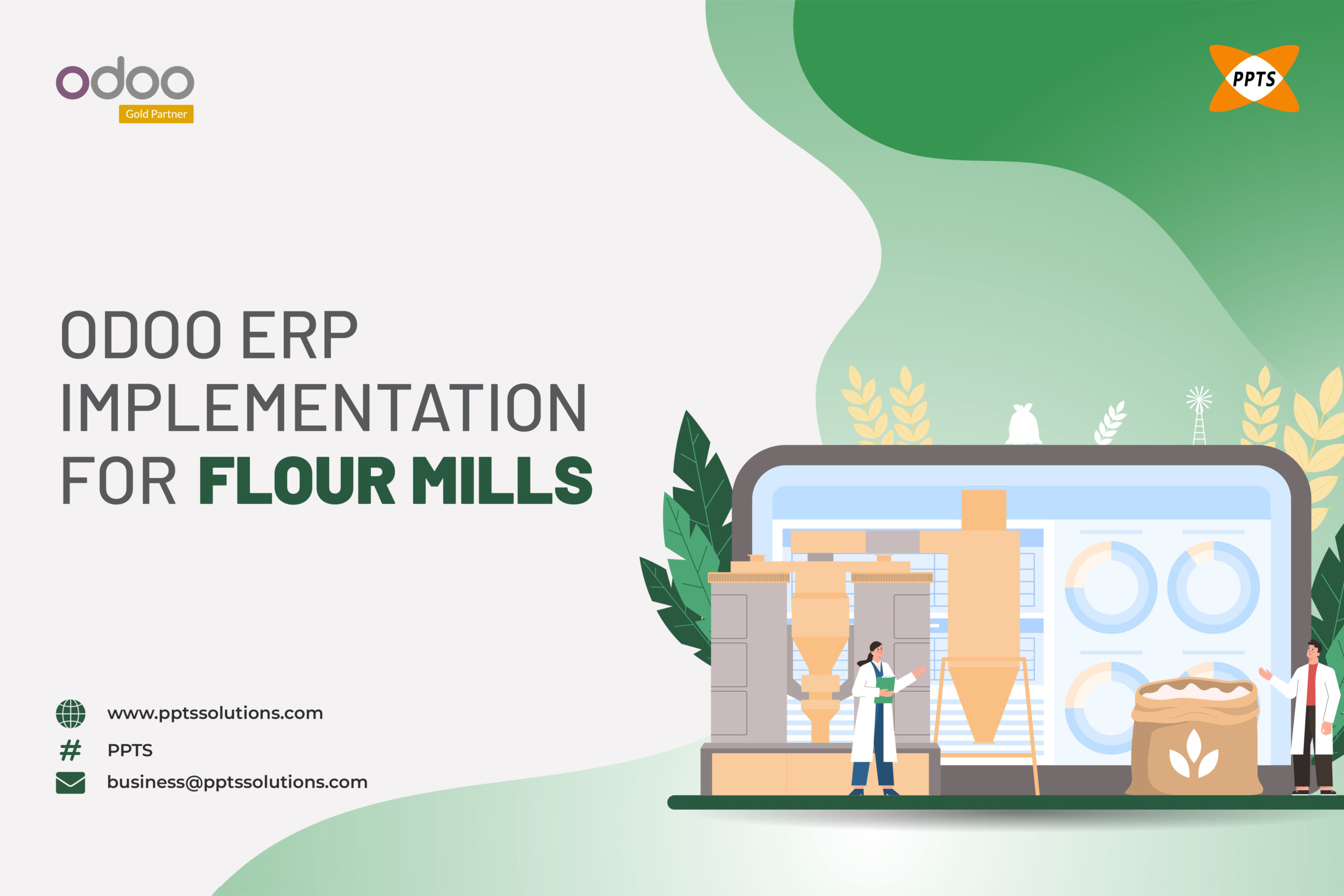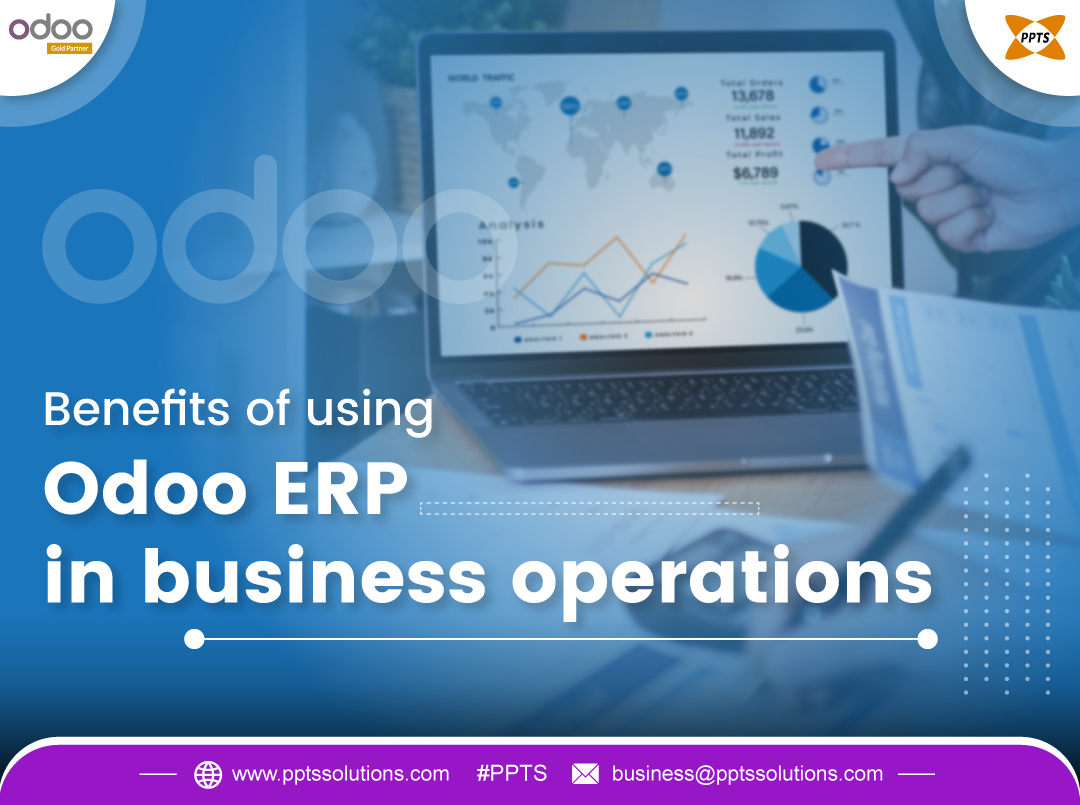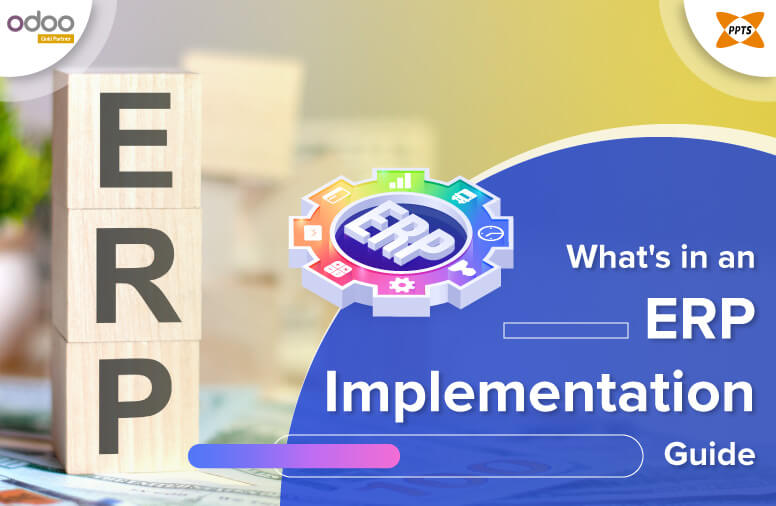Manufacturing is one of the competitive and dynamic industries which requires business owners to be constantly on track with the rapidly and increasing changing consumer demands. To achieve their business goals, they have to use an integrated software system; one that accelerates all the procedures and makes the whole operations more efficient.
Among the various actions that manufacturers like a four mill business takes is, using advanced business management tools like ERP. Implementing an efficient ERP system tailored to the requirement of manufacturing industries enables real-time business management and other various functionalities.
Challenges Faced By Flour Mill Without An ERP Software
There are many difficulties that a flour mill management team goes through without proper ERP software. Some of the major ones are –
-
Lack Of Centralized Process
Often organizations use various software programs to track and record all kinds of information, where the accounting team uses a bookkeeping software solution while the human resources use a headhunting tool. Due to this, the organizational procedures become incoherent and not connected. So, flour mill businesses would require various front and back-end systems to provide a single source of information, analytics, and reports.
-
Improper Decision-Making
Decision-makers require the best information; one that is delivered in real-time. Many flour mill businesses suffer from data silos, where information is kept closed off to other parts of the business. Since there is a lack of a collaborative approach, organizations won’t easily share details and communicate regarding it efficiently.
-
Outdated Software Systems
Many manufacturing businesses like the flour mill business suffers from outdated legacy software systems. The major reason for this is that there have been so many investments in such systems. Many of which are even customized with third-party adaptations, add-ons, and software coding.
The costs often mean executives are hesitant to substitute the older software programs. But there is a greater cost involved in holding on. Additionally, these legacy programs contain manual entry and re-entry, expensive workarounds and compromises, and even efficiency compromises.
-
Accounting Procedures Become Difficult And Take Longer Time
Sometimes your manufacturing company would be depending on paper invoices and sales orders. In that case, you are wasting hundreds of hours each year on manual entries. Even there are chances that your sales and accounting department would be out of sync regarding customer relationships with bills, sales, discounts, and payments that are lagging.
Financial reporting would suffer without ERP software for flour mills. Most importantly, reconciling financial accounts through various programs and spreadsheets makes it tough to get a clear financial picture. What is needed is an all-in-one software that puts all your financial information into a single shared database.
-
Long Time To Retrieve Details
In today’s era speed matters for most businesses. For maximizing profits and leveraging brand new business opportunities, your firm requires faster access to necessary details. If your business follows the older legacy system, it becomes tough to extract, organize, report as well as use the data effectively. You can’t get a holistic view of your business and employees won’t be able to access the correct details at the right time to work efficiently.
Want to know how PPTS provide Odoo Implementation for Wheat Manufacturing Industry?
What Do You Get With A Flour Mill ERP Software?
-
Efficient Centralized Data Management System
With the Odoo ERP for flour mills, you have a centralized business process. So, it means there would be a single source for storing and retrieving information, and even for interactions. The best part of using ERP for your business is that you get rid of the various front and back-end systems. Ultimately, you have a single source for viewing reports, analyzing information, and performing various analytics.
-
Better & Faster Decision-Making
ERP implementation for flour mills leads to better communication and data sharing. This leads to more smarter and effective decision-making in times of need. Furthermore, Odoo ERP software for flour mills integrates all the necessary procedures like production, planning, purchasing, sales, inventory, human resources, finance, etc., and collects data from many departments, locations, and business verticals.
Additionally, flour mill ERP software helps to get the complete visibility of all the procedures and the whole business. So, it becomes easy for flour mill owners to implement company-wide policies, describe rules and regulations, define standard works flow, etc.
-
Single Integrated Odoo ERP Tool
With ERP for flour mills, you can replace outdated legacy software systems with an integrated ERP tech. This leads to less efficient procedures and few workaround expenses. Furthermore, it allows businesses to make optimum utilization of the available resources to get cost-effective production.
ERP implementation for flour mills helps to store necessary information regarding machinery and equipment, plant, etc., in the organization. Here the Odoo ERP would define specific conditions and trigger alerts for normal routine checks, maintenance, inspection, and servicing. Even the Odoo ERP solutions ensure proper gate-pass implementation where the bills receivable and stock accounts are synchronized with the warehouse and delivery team.
-
New Level Of Financial Accounting
ERP software for flour mills helps accounting teams to automate various manual procedures. It places all your financial details in one shared database. So, this helps your accounting team to be more productive, clear, and accurate regarding the details that are available quickly.
Frankly, flour mill ERP software with fully integrated accounting modules saves money and time along with understanding the whole accounting functions. Also, the Odoo ERP solutions remove duplicate data entries and reduce human errors. Most importantly, the Odoo ERP for flour mills recognizes most of the accounting data as soon as brand new transactions are recorded, thereby enabling in-the-moment financial decisions.
-
Faster Data Retrieval
Odoo ERP software for flour mills helps to gain a holistic view of the business procedures. It assists employees to gain access to the correct details at the right time to work efficiently.
Flour mill ERP software allows manufacturers to get complete data on all aspects of the business operations. For example, customers, sales performances, stocks, profits and losses, labor, etc., can be retrieved from various sources and stored in a single place. So, all the data generated can be helpful for stakeholders to make correct estimates and the best forecasts.
How Can PPTS Help Flour Mill Manufacturers?
PPTS is one of the leading official Odoo Gold Partner in India and has helped many businesses in achieving their objectives. For many years, we have helped global companies in easing their business operations with custom Odoo ERP implementation.
Our Odoo ERP implementation has assisted businesses in synchronizing data through various verticals in the organization.







